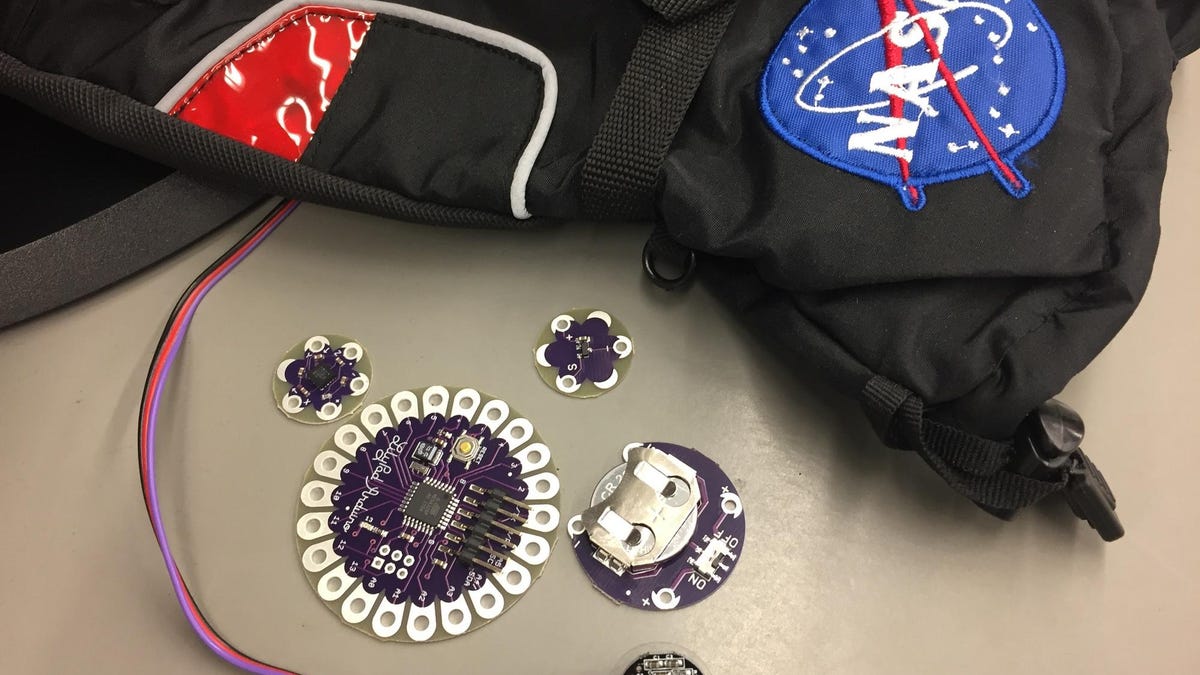NASA floating 'happy' spacesuits to fight astronaut depression
Space can take a toll on astronauts' mental health, but new spacesuit technology aims to help ward off the blues.
As Elton John sang in "Rocket Man," it can get lonely out in space .
Now imagine if you had a specialized spacesuit that was in tune with your moods and wanted to help keep you both comfortable and happy. It would be like having the empath Deanna Troi from "Star Trek: The Next Generation" with you as you float in zero gravity.
Researchers at Florida Polytechnic University are developing "Smart Sensory Skin" (S3) technology that uses wireless sensors to track physical and emotional changes in astronauts and adjust their environments to compensate.
The sensor data could be used to trigger changes in temperature, a reduction or increase in light exposure or an adjustment of oxygen levels, among other variables.
"The types of problems you may encounter are a decline in mood, cognition, morale, or interpersonal interaction," NASA says in a look at the potential impacts of time in space on the human body. Isolation, confinement, sleep disorders, monotony and fatigue can all contribute to the development of depression in astronauts.
"It's vital for astronauts to be mentally healthy during missions and right now there's no active, real-time solution to help them when they feel stressed or anxious," said Florida Poly electrical engineering professor Arman Sargolzaei, one of the S3 project leads.
The S3 sensor system would be built into clothing and monitor everything from blood pressure to pulse to joint angles. Think of it as a highly advanced, full-body version of a FitBit. It would also send information back to mission control on Earth for monitoring by medical personnel.
S3 is still in the early stages. The researchers are faced with the challenge of making the system small, unobtrusive and wearable. NASA's Florida Space Research Program is helping to fund the development.


